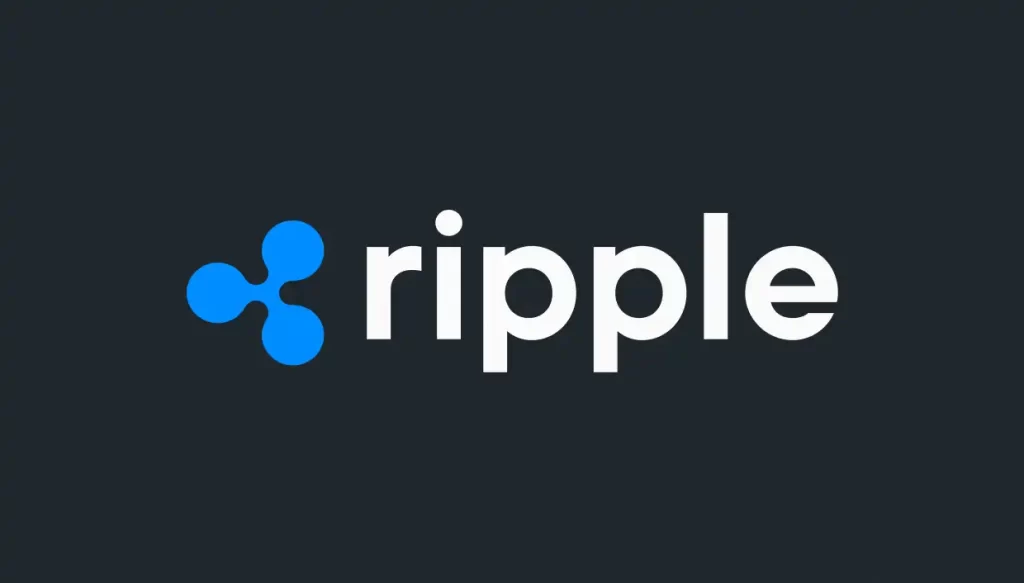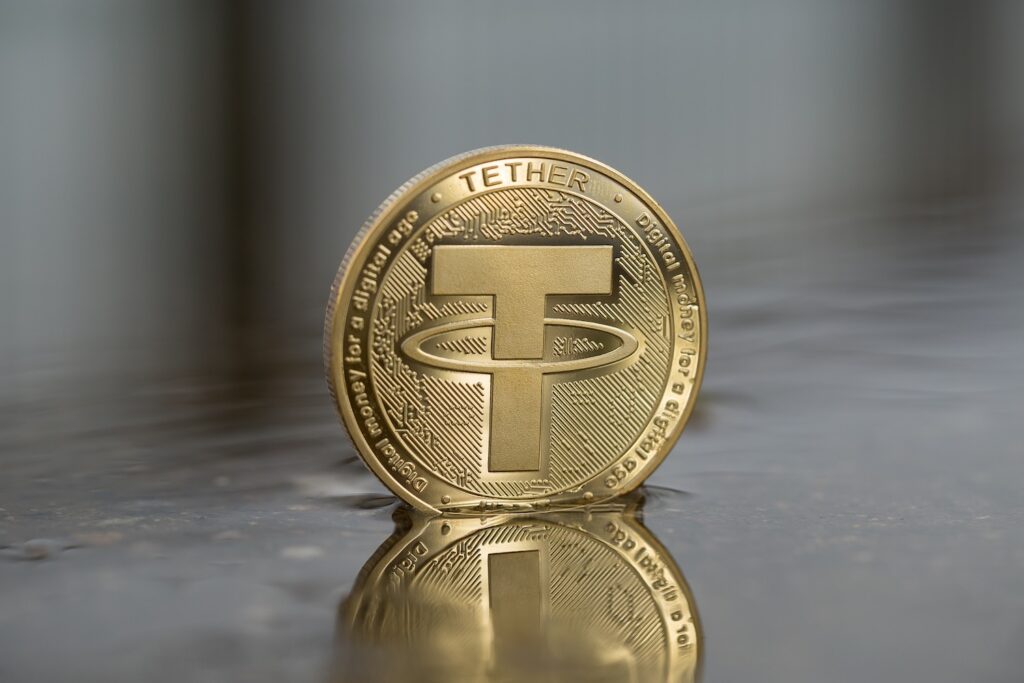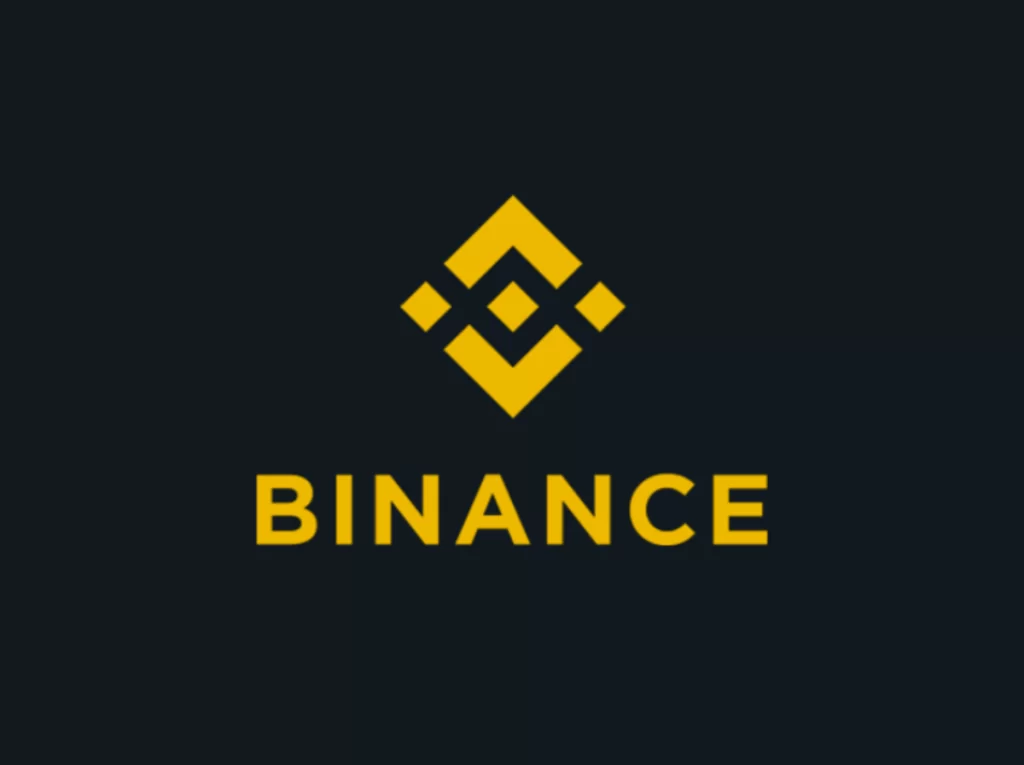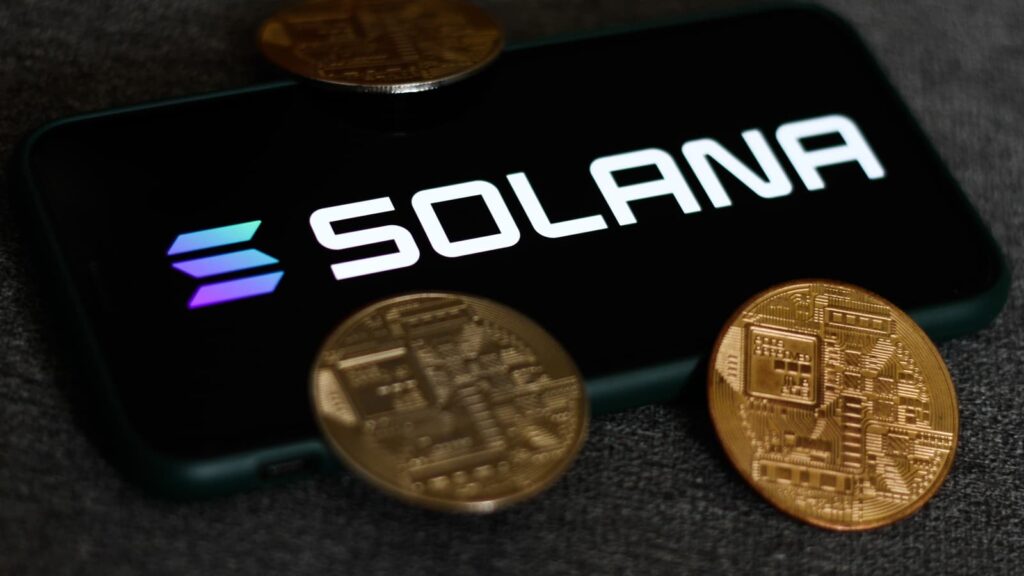The Argentine government, under the leadership of President Javier Milei, has made a significant change to its ambitious package of reforms, dropping the option to legalize crypto holdings for individuals who have overdue tax declarations.
This decision was reported by Argentine tech-focused outlet iProUP on January 27th, as part of the Law of Bases and Starting Points for the Freedom of Argentines, an extensive legislative package aimed at advancing Milei’s policy agenda.
The clause that has been removed from the bill pertained to asset regularization, proposing a one-time tax on various previously undeclared assets, including cryptocurrencies, real estate, personal property, stocks, and securities.
The proposed tax rates were 5% for assets declared by the end of March 2024, 10% from April to the end of June 2024, and 15% from July to the end of September.
The decision to eliminate the asset regularization component from the bill was made by the Minister of the Interior, Guillermo Francos, who cited concerns that it would delay the treatment of the broader legislative initiative in parliament.
This change comes after earlier promises in December 2023 by the government, including the possibility of allowing Bitcoin’s use in the country through a decree, which has yet to materialize.
READ MORE: Bitcoin Worth $1.7 Billion Seized in London Mansion Money Laundering Probe
Interestingly, the “Bases for the Reconstruction of the Argentine Economy” decree passed in December 2023 included provisions allowing debtors to pay in currencies “not recognized as legal tender” in Argentina, hinting at potential support for cryptocurrencies.
Javier Milei won the 2023 presidential election in Argentina, addressing the country’s persistent and rising inflation.
He had previously expressed positive sentiments about Bitcoin, considering it a move toward returning monetary control to the private sector.
However, since taking office in December 2023, he has not publicly addressed digital assets.
In January, Milei pledged not to legally oppose provincial authorities’ efforts to create local currencies, responding to the Governor of La Rioja province’s announcement of a separate currency after Milei devalued the Argentine peso by 50% upon assuming office.
This decision reflects a broader stance on allowing local autonomy in monetary policy.
On January 31, Chris Larsen, co-founder, and executive chairman of Ripple, revealed that his personal accounts had fallen victim to a cyberattack.
The initial report came from crypto analyst ZachXBT, leading to early speculations that the entire company had suffered a security breach.
However, Larsen clarified that the unauthorized access targeted his personal XRP accounts, distinguishing them from Ripple’s official accounts.
He acted swiftly, detecting the issue and promptly alerting cryptocurrency exchanges to freeze the affected addresses. Law enforcement agencies have been engaged to investigate the matter.
The exact amount of XRP stolen remains unconfirmed, but ZachXBT estimated the breach’s haul at 213 million XRP, valued at approximately $112.5 million at the time of the incident.
Following the breach, the malicious actors attempted to launder the stolen XRP by routing it through at least six different cryptocurrency exchanges.
READ MORE: Taki Games’ $TAKI Token Lands Cube Exchange Listing in Key Milestone
Larsen’s recent statement indicated that law enforcement has intervened, leading to the freezing of accounts connected to the security breach.
However, the current status of the funds, whether they remain in exchange custody or have been recovered, remains uncertain. Ripple has not yet responded to inquiries regarding the incident.
The news of the hack spread quickly throughout the cryptocurrency community, causing a momentary dip in the price of XRP, with a temporary decrease of approximately $0.01.
Nevertheless, XRP’s value rebounded rapidly, and the cryptocurrency market remained relatively stable, showing resilience in the face of the security incident.
Although it seems that Ripple’s official accounts were not compromised, thereby safeguarding XRP-holder funds, this event stands out as one of the most significant cryptocurrency-related hacks of 2024 thus far.
The breach highlights the ongoing challenges of securing digital assets and the importance of swift action and cooperation with law enforcement agencies to mitigate the impact of such attacks.
Tether Holdings Limited, the firm responsible for the widely-used stablecoin Tether (USDT), has achieved an astounding “record-breaking net profit” in the final quarter of 2023, primarily propelled by interest generated from the United States Treasury and strong performance in other assets.
As per the attestation report published on January 31, Tether reported a remarkable net profit of $2.85 billion in the fourth quarter of 2023, of which a significant portion, up to $1 billion, resulted from interest earned on United States Treasury securities.
Additionally, the company benefited from its holdings of Gold and Bitcoin (BTC).
Analyzing the company’s workforce, Tether was found to employ 125 individuals, resulting in an extraordinary net profit per employee of $22.8 million for the last quarter.
Over the course of the year, Tether disclosed a total net profit of $6.2 billion, with a substantial $4 billion stemming from investments in U.S. Treasury bonds and other non-crypto assets.
The overall assets managed by Tether encompassed $80.3 billion in U.S. Treasurys, $2.8 billion in BTC, $3.5 billion in gold, and $1.5 billion in venture capital investments.
United States Treasurys are debt instruments issued by the U.S. Department of the Treasury to fund government expenditures, offering investors a return on their investment.
As of December 2023, the one-year U.S. Treasury bill yielded 4.7%. These instruments, backed by the U.S. government, are renowned for their safety, making them among the most secure investments globally.
READ MORE: Gate.io Makes History After Applying for ‘.Gate’ Top-Level Domain With D3 Partner
Since 2022, when the crypto industry faced a wave of bankruptcies and contagion fears, Tether has taken steps to secure its stablecoin with higher-quality assets, including T-bills and gold reserves.
By September 2023, the company proudly declared itself one of the world’s leading purchasers of U.S. Treasury bills.
In response to community concerns regarding portfolio risk, Tether has amassed $5.4 billion in excess reserves in 2023, effectively covering its outstanding $4.8 billion in secured loans.
The company assured stakeholders that these secured loans are significantly overcollateralized. BDO Global conducted a review of Tether’s financials, reinforcing its commitment to transparency.
Tether has emerged as one of the standout successes of the recent crypto downturn, solidifying its market dominance in 2023, with USDT tokens accounting for over 70% of all stablecoins in circulation.
Moreover, Tether has made strides in partnering with law enforcement agencies, recently announcing its collaboration with the U.S. Federal Bureau of Investigation to enhance efforts in monitoring and combatting illegal activities on its platform.
Binance, a prominent cryptocurrency exchange, has rebuffed allegations made in a recent report asserting that a “highly sensitive” trove of internal passwords and code had been publicly accessible on GitHub for an extended period.
The exchange contends that the code in question was outdated and posed minimal risks.
The report, published on January 31 by 404 Media, disclosed the existence of a cache encompassing “code, infrastructure diagrams, internal passwords, and other technical information.”
This cache included sensitive details regarding the exchange’s password management and multifactor authentication processes.
Binance acted swiftly, filing a copyright takedown request with GitHub on January 24, citing the information as a “significant risk” that had been posted “without authorization.”
A spokesperson for Binance informed Cointelegraph that the individual responsible for uploading the data had shared exceedingly outdated information on GitHub.
Their security team had confirmed that the cache did not reflect their current operational procedures.
READ MORE: Bitcoin Exchange Outflows Challenge Bearish Predictions, Fueling Bullish Sentiment
Consequently, Binance asserted that this outdated information “posed negligible risk to the security of our users, their assets, or our platform.”
The exchange argued that it was so obsolete that it would be unusable by any third parties or malicious actors.
In a bid to safeguard its intellectual property, both past and present, and mitigate any potential confusion or unwarranted concerns arising from the exposure of private data, Binance initiated the takedown request with GitHub.
Furthermore, they are pursuing legal action against the individual responsible for the unauthorized upload.
However, it is noteworthy that Binance’s takedown request to GitHub repeatedly characterized the exposed information as “our client’s internal code, which poses a significant risk to Binance and causes severe financial harm to Binance and user’s confusion/harm.”
Despite these actions, Binance has refrained from offering additional comments or responses to inquiries pertaining to this matter.
ARK Invest’s latest research report for 2023 emphasizes Bitcoin’s exceptional historical performance compared to major assets and recommends an institutional portfolio allocation of up to 19.4% to optimize risk-adjusted returns.
Released on January 31st, the annual report explores the convergence of blockchain technology, artificial intelligence, energy storage, and robotics.
A substantial portion of the report focuses on Bitcoin portfolio allocation, tracing its performance since inception and scrutinizing its metrics over the past three years.
Long-term Performance:
ARK’s data reveals Bitcoin’s remarkable performance over extended periods, outshining traditional assets. Over seven years, Bitcoin boasted an annualized return averaging 44%, while other major assets averaged just 5.7%.
The report notes that investors with a “long-term time horizon” benefited significantly from holding Bitcoin for extended periods, as its historical volatility often masked its long-term profitability.
Optimal Allocation:
The report delves into the volatility and return profiles of traditional asset classes, suggesting that a portfolio aiming for maximized risk-adjusted returns would have allocated 19.4% to Bitcoin in 2023.
This represents a significant change over the past decade, with the optimal allocation varying from 0.5% in 2015 to 19.4% in 2023 on a five-year rolling basis.
Potential Valuations:
ARK’s research contemplates a hypothetical scenario in which institutional investments from the $250 trillion global investable asset base follow the recommended 19.4% Bitcoin allocation.
If just 1% of global assets were invested, Bitcoin’s price could reach $120,000 per BTC. Allocating the 4.8% average maximum Sharpe ratio from 2015 to 2023 could drive Bitcoin’s price to $550,000.
Following ARK’s 19.4% allocation, Bitcoin could reach an astounding $2.3 million per coin.
ARK’s research draws on empirical market data to justify its 19.4% Bitcoin allocation for risk-adjusted returns, a shift from previous years’ recommendations.
In January 2022, figures like Ray Dalio and Bill Miller suggested a portfolio allocation of 1% to 2% in Bitcoin.
A year earlier, JPMorgan’s investment strategists proposed a 1% portfolio allocation to Bitcoin as a hedge against fluctuations in traditional assets like stocks, bonds, and commodities.
ARK Invest’s report underscores Bitcoin’s evolving role as a viable and potentially lucrative asset class in institutional portfolios, reflecting the growing acceptance and recognition of cryptocurrencies in the broader financial landscape.
In 2023, Core Scientific achieved a remarkable milestone by emerging as the largest publicly listed cryptocurrency mining company in North America.
Their feat involved the mining of an impressive 19,274 Bitcoins, valued at an astounding $812 million. This achievement was unveiled in a recent announcement made on January 31st.
Core Scientific’s mining operations span across various states in the United States, including Georgia, Kentucky, North Carolina, North Dakota, and Texas.
Within these regions, they successfully mined 13,762 Bitcoins. Furthermore, their clients and customers collectively contributed to the impressive total by mining an additional 5,512 Bitcoins throughout the year.
This achievement firmly established Core Scientific as the foremost Bitcoin miner in North America.
To accomplish this, Core Scientific operated a staggering 209,000 Bitcoin miners, a combination of owned and co-located units, amassing a formidable energized hash rate of 23.2 exahashes per second at their data centers in 2023.
Impressively, the company also disclosed its annual mining report, highlighting a reduction in power consumption at their data centers.
In December 2023, they delivered 480 megawatt hours to local grid partners and a grand total of over 131,000 megawatt-hours throughout the year.
The process of Bitcoin mining involves solving intricate computational puzzles, essential for proof-of-work, which validates and adds new blocks to the Bitcoin blockchain.
Miners employ specialized hardware and software to generate cryptographic hashes that meet specific transaction criteria.
READ MORE: Bank of Japan and Government Collaborate on Digital Yen, Targeting 2024 Resolution
As a reward for their efforts in verifying transactions and adding them to the blockchain, miners receive a certain amount of Bitcoin, currently set at 6.25 BTC per mined block.
Core Scientific’s journey as a Bitcoin mining company has been nothing short of a rollercoaster ride.
In December 2022, they found themselves filing for Chapter 11 bankruptcy amid a challenging crypto market characterized by a prolonged bearish trend that saw Bitcoin prices plummet to new yearly lows.
However, in June 2023, the company presented its Chapter 11 bankruptcy plan, signaling a strong determination to make a comeback.
This bankruptcy filing allowed Core Scientific to continue its operations as stakeholders worked towards a restructuring plan.
Fast forward to December 2023, and the company announced its intentions to exit bankruptcy proceedings and relist its shares for public trading.
The culmination of this plan occurred on January 27th when Core Scientific successfully relisted on the Nasdaq stock exchange.
This turnaround story exemplifies the resilience and potential for growth within the Bitcoin mining industry, driven by the continuous rise in the value of Bitcoin over the years, attracting both private and public firms to engage in mining operations across multiple data centers.
Celsius, the crypto lending platform, has successfully emerged from Chapter 11 bankruptcy proceedings in the United States.
The company is now gearing up to distribute a staggering $3 billion in both cryptocurrency and fiat to its creditors. Additionally, Celsius is set to embark on a new venture in the form of a Bitcoin mining company, Ionic Digital.
In an official press release on January 31st, Celsius announced that Ionic Digital would be managed by Hut 8, with Matt Prusak, Chief Commercial Officer of Hut 8, at the helm.
The purpose of Ionic Digital is to ensure the continued delivery of recoveries to Celsius’ creditors.
The company also revealed its intention to take Ionic Digital public, pending the necessary approvals.
A remarkable 98% of Celsius’ creditors voted in favor of the bankruptcy exit plan.
This development comes after an 18-month-long hiatus on withdrawals, initiated in June 2022, and the subsequent bankruptcy filing a month later.
Celsius managed to bolster the amount of cryptocurrency available for distribution to creditors by approximately $250 million, primarily through the conversion of altcoins into Bitcoin (BTC) or Ethereum (ETH) and through previous settlements.
Celsius will be winding down its operations and discontinuing its mobile and web applications by February 28th.
READ MORE: Bitcoin Exchange Outflows Challenge Bearish Predictions, Fueling Bullish Sentiment
Creditor distributions will be facilitated through popular platforms like PayPal, Venmo, and Coinbase. Some creditors have already submitted claims forms on Coinbase’s X platform.
David Barse and Alan Carr, members of a special board that guided Celsius through its bankruptcy proceedings, expressed their satisfaction with the company’s successful exit.
They noted that many had assumed Celsius would follow in the footsteps of other crypto lenders that filed for bankruptcy around the same time.
They credited their achievement to the tremendous teamwork that made it possible.
Celsius’ decision to pause withdrawals in 2022 was aimed at improving its capacity to fulfill withdrawal obligations, especially after the significant drop in the value of its native token, Celsius (CEL), during that year.
The bankruptcy process also involved Celsius settling $4.7 billion in fines with regulatory bodies such as the United States Federal Trade Commission, the Department of Justice, the Securities and Exchange Commission, and the Commodity Futures Trading Commission.
In a related development, the company’s former CEO, Alex Mashinsky, was arrested and charged by federal prosecutors with various financial fraud allegations, including manipulating the price of CEL and misleading Celsius customers.
Mashinsky, who maintains his innocence, is currently out on a $40 million bond and is awaiting trial in September.
On January 31, United States Federal Communications Commission (FCC) Chairwoman Jessica Rosenworcel made a significant announcement proposing that calls featuring artificial intelligence (AI)-generated voices should be deemed illegal.
Such calls would be subject to the regulations and penalties outlined in the Telephone Consumer Protection Act (TCPA).
This proposal comes in the wake of a recent incident where AI technology was used to create a false message, imitating the voice of U.S. President Joe Biden.
In this fabricated message, residents of New Hampshire were advised against participating in the state’s primary election.
The motive behind these automated messages was to interfere with the upcoming 2024 presidential election. However, the state’s attorney general’s office promptly denounced these calls as misinformation.
Rosenworcel’s proposal seeks to put an end to robocalls, in line with the TCPA, a law enacted in 1991 to regulate automated political and marketing calls that are made without the recipient’s consent.
The primary objective of the TCPA is to shield consumers from unwanted and invasive communications, such as unsolicited telemarketing calls and automated messages.
The proliferation of such calls in recent years has raised concerns, as technology has evolved to the point where it can convincingly mimic the voices of celebrities, political figures, and even family members.
By adopting this proposal, the FCC intends to provide state attorneys general across the country with additional tools to pursue those responsible for malicious robocalls and enforce legal consequences.
Back in November 2023, the FCC initiated a Notice of Inquiry to gather information about addressing illegal robocalls and the potential role of AI in this issue.
READ MORE: Bank of Japan and Government Collaborate on Digital Yen, Targeting 2024 Resolution
The inquiry specifically sought input on how AI could be involved in scams and voice impersonations, and whether it should be subject to TCPA regulation.
Additionally, the FCC aimed to gain insights into the positive uses of AI, such as identifying and preventing illegal robocalls.
The White House also weighed in on AI-related matters, releasing a fact sheet on January 29 that outlined key actions taken in response to President Biden’s executive order on AI issued three months earlier.
The fact sheet highlighted “substantial progress” toward the president’s goal of protecting Americans from the potential risks posed by AI systems.
One pressing concern in the realm of AI-generated content is deepfakes, which have been on the rise.
The World Economic Forum, in its 19th Global Risks Report, drew attention to the adverse consequences of AI technologies, particularly deepfakes.
The Canadian Security Intelligence Service, Canada’s primary national intelligence agency, expressed concerns about disinformation campaigns conducted on the internet using AI deepfakes.
In response, U.S. lawmakers have called for legislation that would criminalize the production of deepfake images, spurred by instances like the widespread circulation of explicit fake photos of Taylor Swift.
This underscores the growing need to address the challenges posed by AI-generated content and the importance of robust regulation and enforcement.
A dormant Ethereum-based protocol, Jupiter, experienced a sudden surge in its token price due to a striking coincidence involving Solana-based exchange aggregator Jupiter’s $700 million airdrop.
Just hours before the launch of Solana-based Jupiter’s JUP airdrop on January 31st, the Ethereum-based JUP token with the same ticker saw its price skyrocket by more than 430%, only to plunge back down shortly after.
According to CoinMarketCap data, Ethereum-based JUP surged from $0.005 on January 30th to $0.026 on January 31st, eventually settling at its current price of $0.007.
The Ethereum-based Jupiter protocol, launched in 2017, was designed for creating and hosting decentralized applications (DApps).
However, it is now labeled as “no longer active” on its official website. In contrast, Solana-based Jupiter operates as a decentralized exchange aggregator, enabling users to swap, place limit orders, and deploy dollar-cost average buying strategies for tokens within the Solana network.
The unexpected price surge of Ethereum-based JUP occurred just hours before the Solana-based Jupiter initiated its massive $700 million airdrop to early users, which turned out to be one of the largest airdrops ever on the Solana network, successfully executed without any issues, according to a Solana Foundation executive.
READ MORE: Bitget Study Finds 84% of Investors Expect BTC Will Reach New All-Time High in Next Bull
Austin Federa, the head of strategy at the Solana Foundation, praised the Solana network’s performance during the airdrop.
He highlighted that the network handled a total of 2.5 million non-vote transactions within the first two and a half hours of Jupiter claims going live. F
edera also noted that while Solana gas fees briefly spiked during the claiming frenzy, they remained much lower than Ethereum’s exorbitant fees, with a humorous mention of a fee reaching “astronomical” levels at approximately $1.02.
Despite the successful airdrop, some users of third-party apps like Phantom Wallet and Solflare experienced issues during the first hour of the event, attributed to remote procedure call (RPC) nodes rather than Solana’s core network infrastructure.
The base layer of Solana performed well throughout the high user activity period.
Additionally, a pseudonymous seventeen-year-old crypto investor, known as X handle notshort, claimed to have earned over $1 million from the Solana-based JUP airdrop.
Data from Dune Analytics indicated that 41% of eligible wallets had claimed their JUP tokens, with a total of 566 million JUP, constituting 57% of the entire airdrop allocation, being claimed since the airdrop’s launch on January 31st at 10:00 am Eastern Time.
In a recent development, authorities have seized approximately $1.7 billion worth of Bitcoin as part of an investigation into an alleged money laundering scheme involving a former restaurant worker who attempted to purchase a £30 million mansion in London.
The individual at the center of this case is Jian Wen, a Chinese national who acquired British citizenship in 2018.
According to reports by Sky News on January 30th, Wen was allegedly recruited to assist Zhimin Qian in the process of laundering funds obtained from an investment fraud scheme that took place in China between 2014 and 2017.
Qian had entered the United Kingdom using a false identity and sought Wen’s help in cleaning the ill-gotten gains.
Before her involvement with Qian, Jian Wen had been employed at a Chinese restaurant in southeast London and lived in a room beneath the restaurant.
She introduced Qian as her “boss,” claiming he worked in the international jewelry business.
Prosecutor Gillian Jones clarified that Wen was not directly involved in the fraudulent activities conducted by Qian.
However, Wen stands accused of converting Bitcoin into various assets, including cash, luxury items, and real estate, all on behalf of Qian.
READ MORE: Solana-Based Jupiter Exchange Dominates Trading Charts with $480 Million Volume in 24 Hours
One notable attempt was her endeavor to purchase a seven-bedroom mansion in Hampstead, London, equipped with a swimming pool, valued at £30 million.
Unfortunately, her plans were thwarted as she couldn’t provide a legitimate source for the cryptocurrency assets she intended to use for the acquisition.
Subsequently, authorities conducted a raid on a residence rented by Wen and Qian, where they seized numerous devices containing over 61,000 BTC, amounting to approximately $1.7 billion, based on 2021 valuations.
Initially, Wen claimed that the cryptocurrency she held had been mined.
However, she later altered her statement, asserting that it was a “love present,” substantiating this with a deed indicating that she had received 3,000 BTC from Qian.
Jian Wen is currently on trial at the Southwark Crown Court, facing three counts of money laundering spanning from October 2017 to January 2022.
She vehemently denies all charges against her. Meanwhile, Zhimin Qian has managed to evade authorities and remains at large, adding intrigue to this ongoing case.












